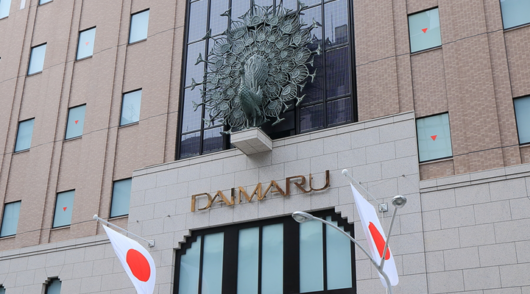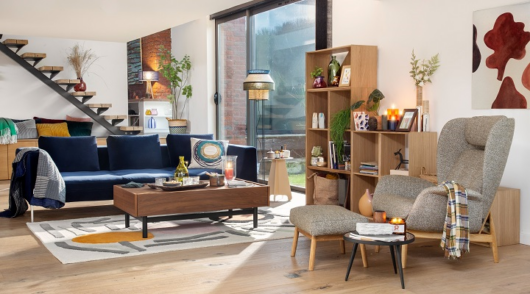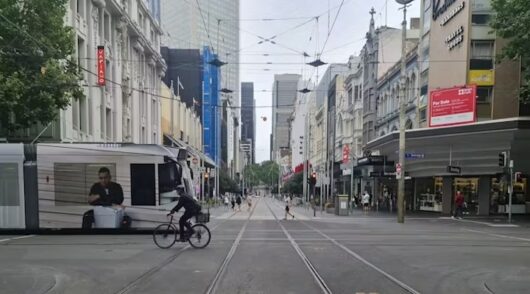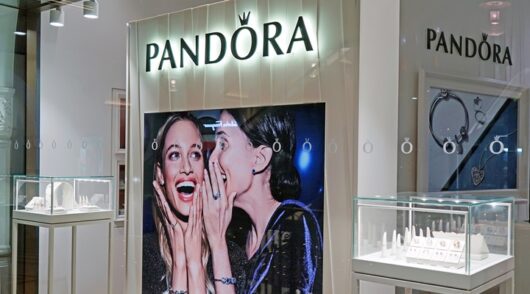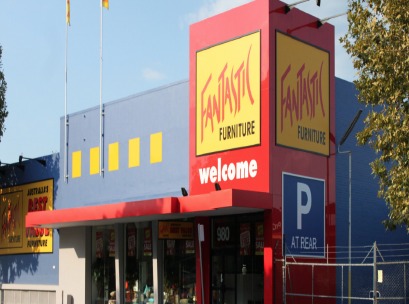 South African based Steinhoff International has written off approximately €12 billion (AUD$18 billion) in assets in an effort to counteract the company’s recent financial woes.
South African based Steinhoff International has written off approximately €12 billion (AUD$18 billion) in assets in an effort to counteract the company’s recent financial woes.
The revelation comes as part of the Steinhoff’s half yearly report, released Friday, which details the extent of the issues surrounding the embattled company.
“It has been a challenging seven months for Steinhoff, its employees and stakeholders,” said Heather Sonn, chairperson of the supervisory board.
“The revelation of alleged accounting irregularities and the resignation of the former CEO has had a profound impact on the Group.
“We have, and are acting, on many fronts to respond to these events and ensure that the interest of the Group’s many stakeholders are protected.”
The report notes that the investigation into the company’s accounting irregularities has not yet concluded and has found a key focus on reviewing “off-balance sheet structures and transactions”.
The investigation was kicked off in December when a $9.2 billion hole was found in the companies finances.
This has lead to several finance generating methods, such as the recent sale of Kika/Leiner businesses to the tune of $770 million, and calls for extended creditor support.
The report mentions that Australia-based subsidiary Steinhoff Asia-Pacific gathered resources to the tune of $300 million to operate independently from the holding company.
Steinhoff Asia-Pacific has recently considered a name change in an effort to distance itself from the holding company.
Mixed result in Australasia
Steinhoff’s Australasian operations struggled in the first-half of fiscal 18, figures released by the retail giant show.
Excluding acquisitions, revenue in grew by just four per cent in the first-half, with Fantastic Furniture and Best & Less emerging as the best performing businesses in the APAC portfolio.
Steinhoff said retail conditions remained “difficult” in the region.
“Factors contributing to this include low wage growth and rising costs,” Steinhoff said.
On the value side of the household goods market, recently acquired Fantastic furniture reported a two per cent increase in LFL sales.
However, Steinhoff’s middle-market household goods brands, including Plush, Freedom and Snooze, struggled, posting a three per cent decrease in LFL sales.
On the general merchandise side, LFL sales were up three per cent, driven by “solid growth” at Best&Less, which offset flat LFL sales at Harris Scarfe.
Overall revenue from Australasia increased by 31 per cent to €359 million, although €91 million of this was attributed to the Fantastic Furniture business which has now traded in Steinhoff for more than a year.

